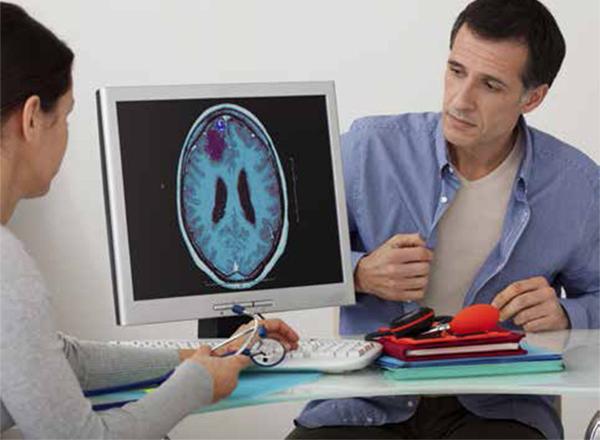- Mix
- Mon-2021-04-26 | 03:07 pm

Nayrouz News Agency :
Think of a situation, time or a conversation where suddenly a feeling springs up telling you, "I’ve been here before” and that the setting or situation looks very familiar. Like walking into a house you’ve never seen or been in and feeling as if you remember the place. This is what is called déjà vu!
Déjà vu is originally a French phrase that means already seen; it describes a phenomenon that most of us have experienced at some point in our lives, where a specific event or situation feels familiar as if it has happened before.
Déjà vu takes a few seconds and sometimes leaves a person with overwhelming emotions and confusion of not linking the familiar situation with a previously lived experience. It is mostly experienced during adolescence to adulthood and decreases with the passing of time.
Anyone can experience déjà vu. However, the more stressed and tired you are, the more your chances are of experiencing it.
What happens in the brain during déjà vu?
The reason why déjà vu occurs is not clear but observations in patients with temporal lobe epilepsy have led scientists to hypothesise. Our brain’s frontal areas (frontal lobe) are believed to be more active than the hippocampus (the part of your brain in charge of memory) during déjà vu.
This means that during déjà vu, our memory is weak while our decision making is strong. It’s hard for the brain to figure out if the memory we are experiencing is a real or fake memory because, at the moment, memory ability is very weak.
What can increase the chances of déjà vu?
Since stress affects our memory, stress increases the chances of experiencing déjà vu. Exhaustion and lack of sufficient sleep can also trigger more frequent experiences of déjà vu.
There’s also the Split-Perception Theory — if we’re looking at our phone or distracted by something else, and only glance around quickly, our perception might be split into two parts rather than one and makes our hippocampus slightly confused.
Thus, the more distracted we are, the more likely we are to experience déjà vu. Interestingly enough, déjà vu is commonly reported by patients with epilepsy.
Dealing with déjà vu
If you’re not suffering from epileptic seizures or any medical condition that affects memory, you likely don’t have anything to worry about. While we can’t prevent déjà vu, we can reduce stress as much as possible by using healthy strategies and self-care practices such as maintaining a healthy diet, exercise, sleep and practising breathing and relaxation exercises.
If you experience a psychological and physical reaction to déjà vu that affects your mood and daily functioning, I recommend seeing a therapist for support.
Reprinted with permission from Family Flavours magazine
-
 Will Trump end up like Kennedy?2026-02-03
Will Trump end up like Kennedy?2026-02-03








